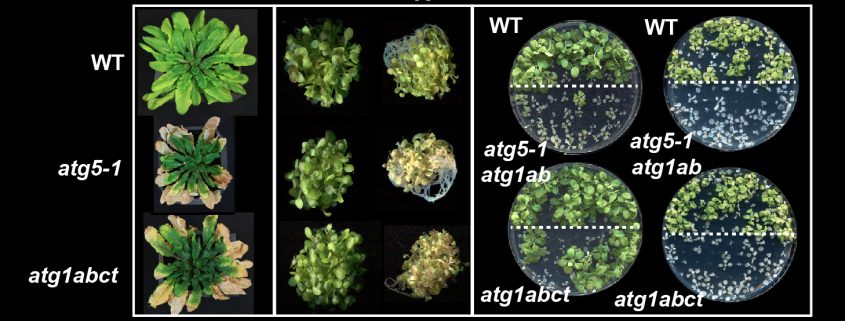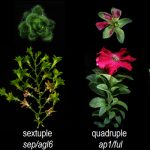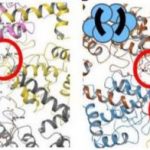How Autophagy Is Activated under Extended Dark Conditions
Huang et al. uncover how SnRK1 kinase complex promotes the autophagy activity by phosphorylating ATG6 under prolonged dark conditions. Plant Cell https://doi.org/10.1105/tpc.19.00066
By Huang Xiao and Faqiang Li, College of Life Sciences, South China Agricultural University, Guangzhou, China
Background: Plants have evolved a catabolic process called autophagy (‘self-eating’) to promote their survival under nutrient starvation conditions. During autophagy, cytoplasmic content is engulfed into a double membrane-bound vesicle called autophagosome and degraded by the vacuole, and thus helps nutrient recycling. This process is driven by a set of AuTophaGy-related (ATG) proteins, including the ATG1 kinase complex whose activity responds to nutritional cues. So far, studies in yeast and metazoans have shown that the activity of ATG1 kinase complex can be modified by target of rapamycin (TOR) kinase and AMP-activated protein kinase [AMPK, known as sucrose non-fermenting-1-related protein kinase (SnRK)-1 in plants].
Question: Although the importance of the ATG1 kinase complex during plant autophagy has been confirmed by our previous studies, its exact role(s) and regulatory mechanism remain largely elusive.
Findings: We found that ATG1 kinase is essential for up-regulating autophagy under nitrogen deprivation and short-term dark treatment, but not required for autophagy induced by prolonged darkness. Instead, we found that both phosphatidylinositol-3-phosphate kinase (PI3K) and SnRK1 are required to activate the autophagy induced by prolonged darkness. We further demonstrated that such autophagy activation is through phosphorylation of PI3K complex subunit ATG6 by the catalytic KIN10 subunit of SnRK1. Together, our data connect the ATG1 kinase to autophagy, and reveal that plants engage multiple pathways to activate autophagy during nutrient stress, including the ATG1 route as well as an alternative route requiring SnRK1 and ATG6 signalling.
Next steps: Two main questions arise from our work. (i) What are the targets of ATG1 kinase complex under nitrogen starvation and short-term dark treatment? (ii) Besides nutrient starvations, is ATG1 required for other abiotic stress-induced autophagy? Answering these questions will help us understand the roles and regulatory mechanism of autophagy in plants.
Xiao Huang, Chunyan Zheng, Fen Liu, Chao Yang, Ping Zheng, Xing Lu, Jiang Tian, Taijoon Chung, Marisa S. Otegui, Shi Xiao, Caiji Gao, Richard D. Vierstra and Faqiang Li. (2019) Genetic Analyses of the Arabidopsis ATG1 Kinase Complex Reveal Both Kinase-Dependent and Independent Autophagic Routes during Fixed-Carbon Starvation. Plant Cell. https://doi.org/10.1105/tpc.19.00066.
Key words: autophagy, nitrogen starvation, prolonged dark treatment, SnRK1, ATG1




